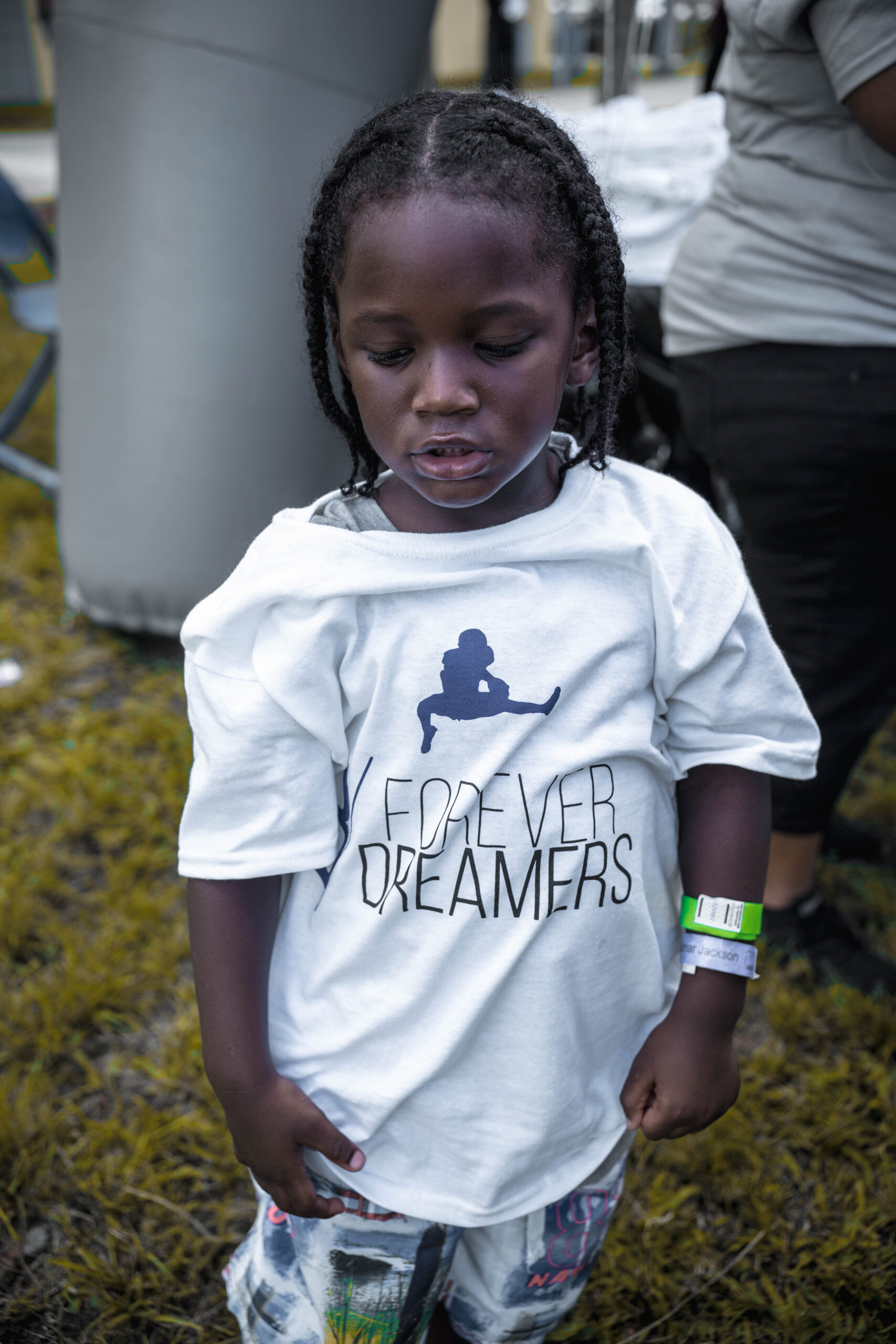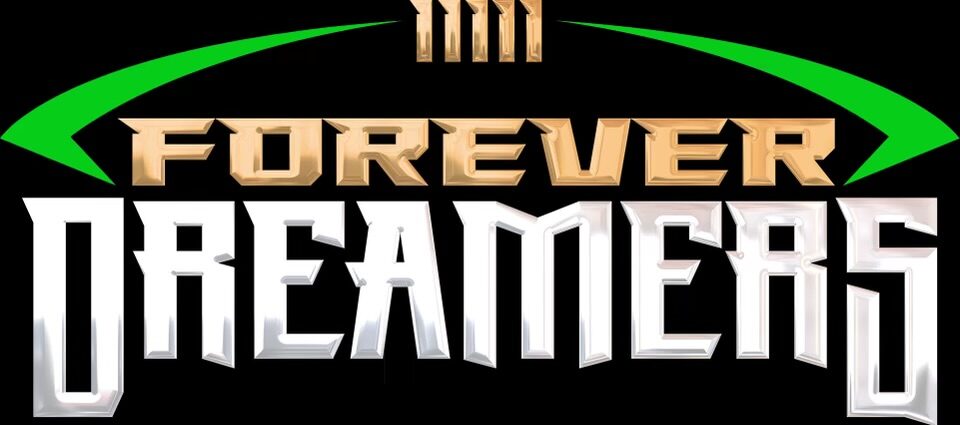Greenpeace Ships Are Setting Sail to Tackle the Global Plastic Pollution Crisis
- TarevaDreamers
- May 6, 2020
- 1:05 am
Wanna know where plastic pollution really starts and ends? Join the Rainbow Warrior and Beluga as they set sail to find out all about it.
Corporations have created a plastic monster. Over 90% of the plastics ever produced have not been recycled, yet corporations have plans to dramatically increase their production of plastic packaging. With plastic production set to quadruple by 2050, recycling can never be enough to solve this problem.
But the global movement to hold these corporations accountable is growing. More than 3 million of you have joined us in urging companies to stop polluting our planet with throwaway plastic. And together with over 1,400 allies in the global Break Free From Plastic movement, we conducted 239 cleanups in 42 countries to identify the biggest corporate polluters.
In October, Greenpeace International released the Crisis of Convenience report, based on a survey to 11 of the biggest fast-moving consumer goods companies globally. Despite some of these companies publicly signing a voluntary, non-binding commitment to tackle the crisis, the report revealed that none of the companies surveyed currently have comprehensive plans to move away from single-use packaging; on the contrary, most of them have plans to increase the overall amount of plastic packaging they produce.
So now we are deploying the Greenpeace ships
How much plastic packaging they are producing
It’s time for Nestle, Unilever, Coca-Cola, PepsiCo., Colgate, Danone, Johnson & Johnson, and Mars to be transparent about exactly how much plastic packaging they are producing and make concrete plans to reduce. It’s time for these corporations to invest in alternative ways to deliver their products to us and phase out single-use plastic.
These companies have created a monster, and we are not willing to allow the plastic monster to grow anymore. We need concrete plans for reduction, and we need them now. We need corporations to slay the plastic monster.
In October, Greenpeace International released the Crisis of Convenience report, based on a survey to 11 of the biggest fast-moving consumer goods companies globally.
The Trump Twist
Trump came into office calling climate change a hoax and giving handouts to dirty energy companies. His plan to open up nearly every U.S. coastline to more oil and gas drilling was extremely unpopular, and in the case of the Arctic Ocean, it outright ignored the fact that Obama had already ruled out future leasing there.
Trump’s new offshore oil plan called for lease sales in the Beaufort Sea starting in 2019 and the Chukchi Sea in 2020. In response, Greenpeace joined with other groups in a lawsuit to challenge the plan in court. Earthjustice and the Natural Resources Defense Council led the litigation, representing Greenpeace along with Alaska Wilderness League, Center for Biological Diversity, Defenders of Wildlife, League of Conservation Voters, Northern Alaska Environmental Center, Resisting Environmental Destruction on Indigenous Lands (REDOIL), Sierra Club, and the Wilderness Society.
The key issue was that when Congress enacted the Outer Continental Shelf Lands Act (OCSLA), it gave the president authority to withdraw areas from oil and gas leasing, but made no mention of revoking previous withdrawals.
Hello world!
Welcome to WordPress. This is your first post. Edit or delete it, then start writing!

Afterschool programs in New York even more important now to fight childhood hunger
What is global health? It’s a big year for global health so ONE is going to be talking about it a lot. But before we

Caridad to serve ready-to-eat meals to children at three library branches
What is global health? It’s a big year for global health so ONE is going to be talking about it a lot. But before we
